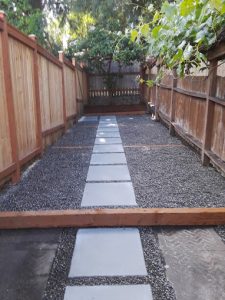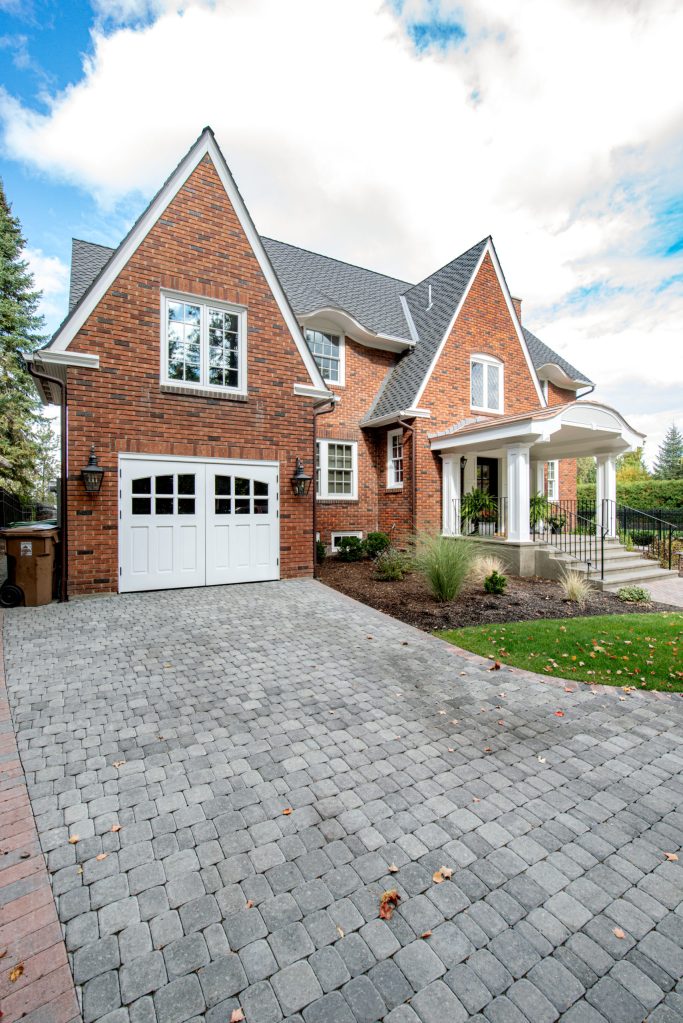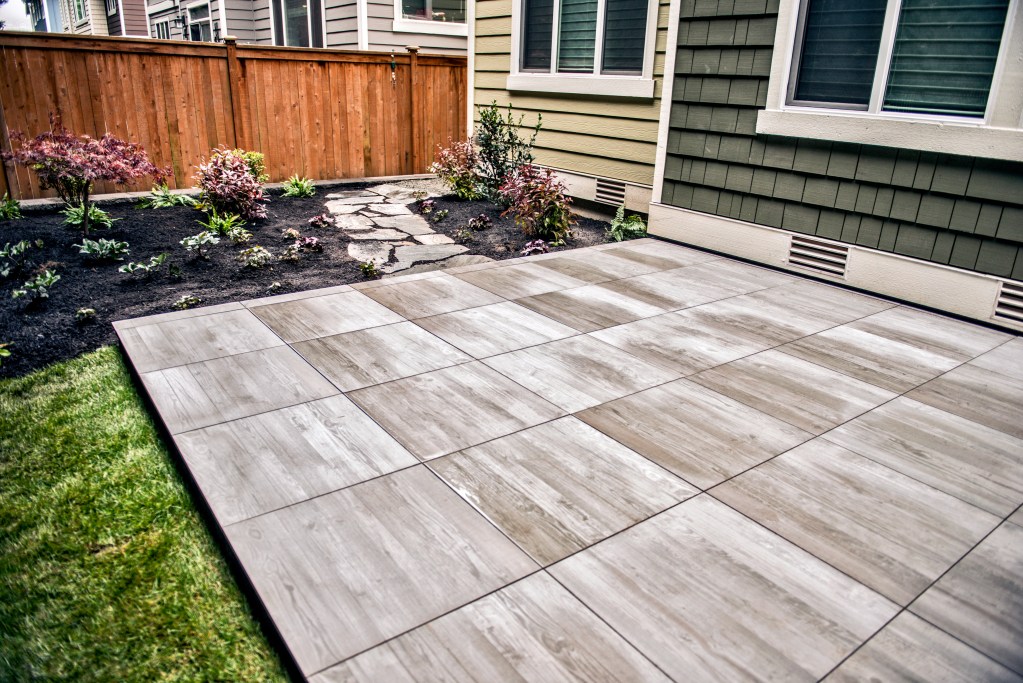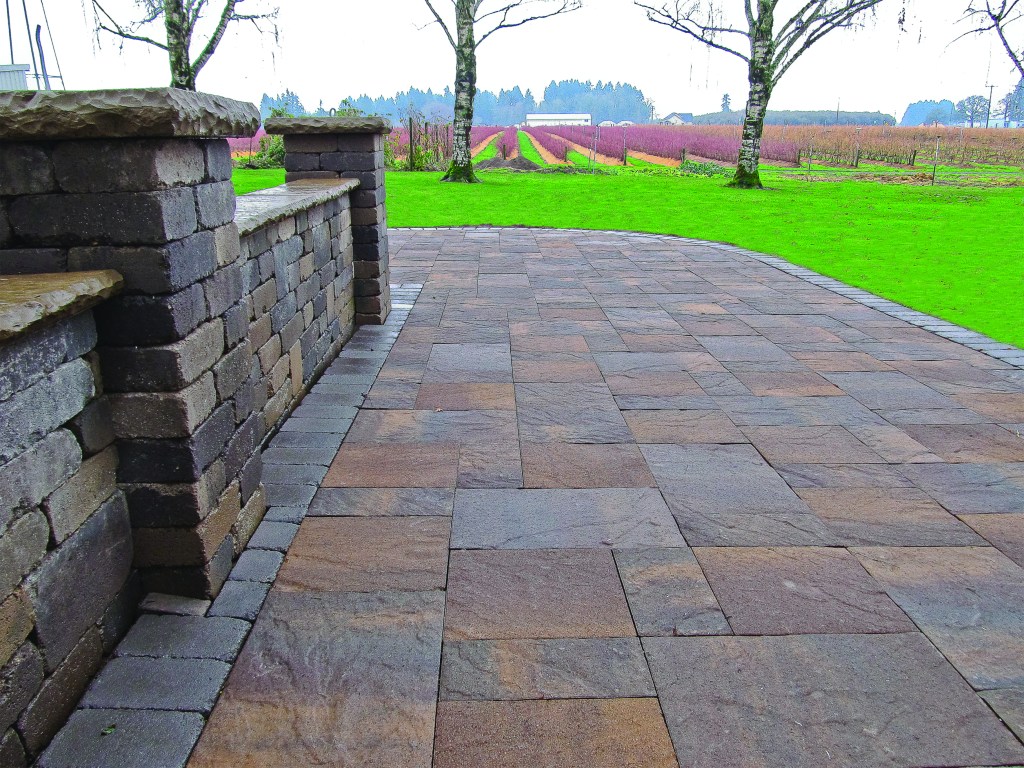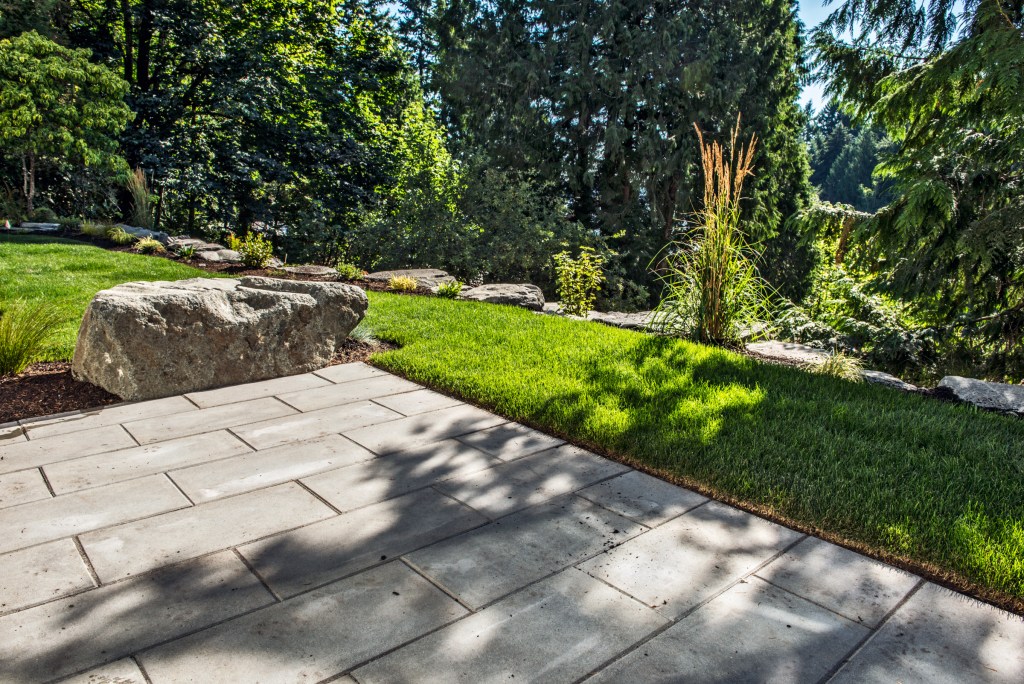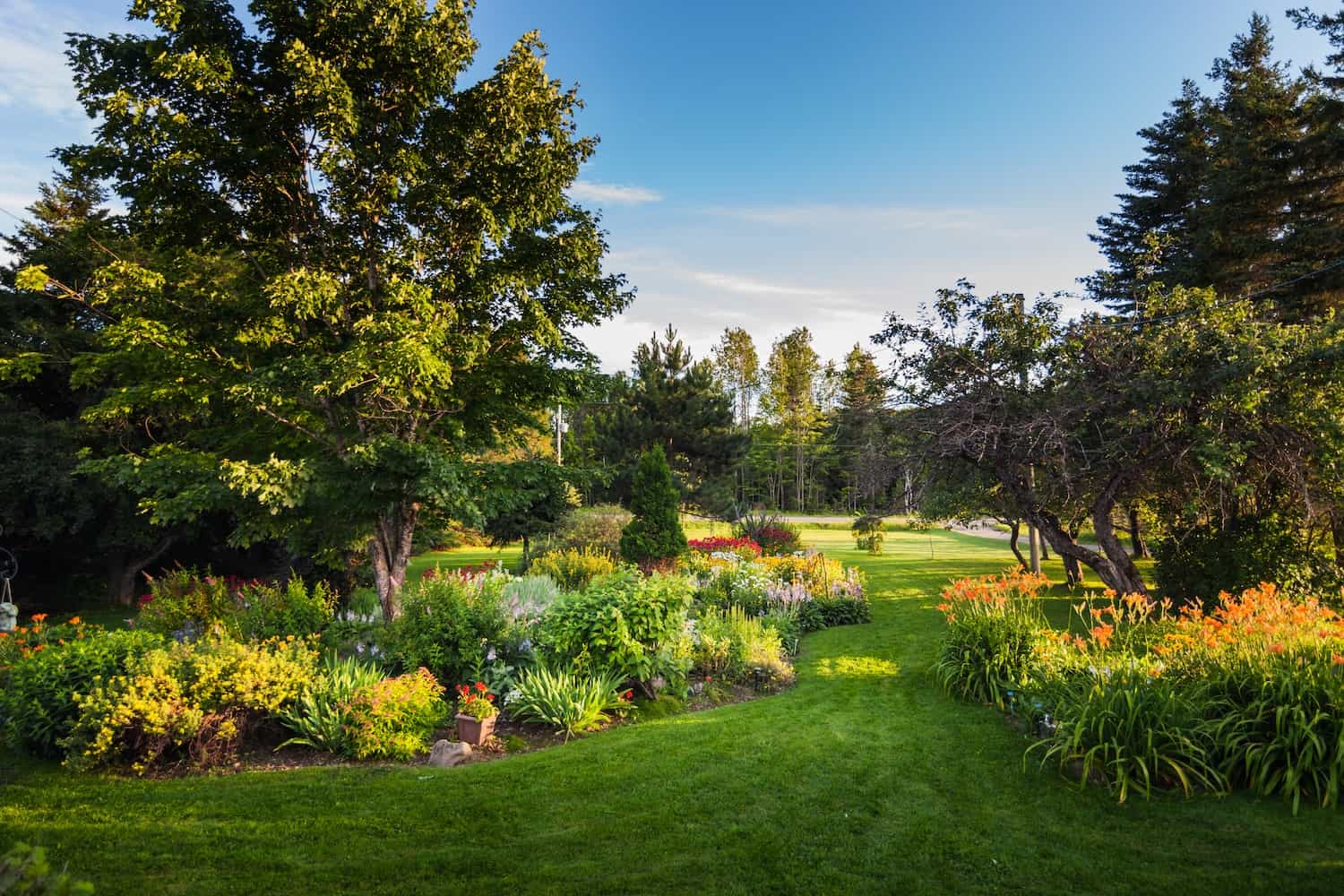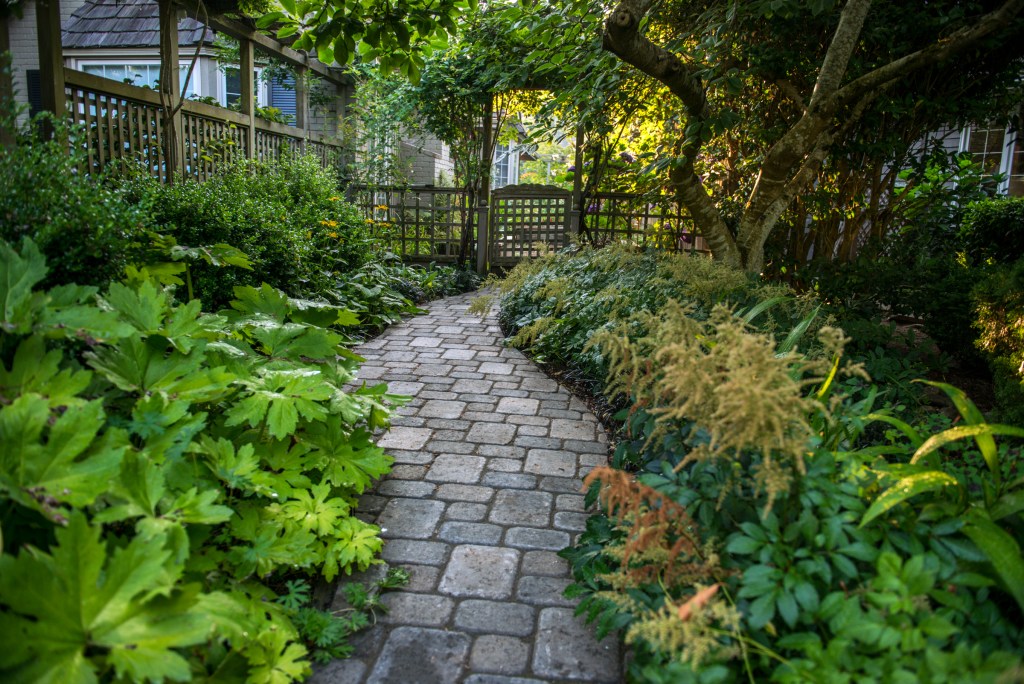Labor of Love: Mastering Garden Maintenance in Seattle
Gardening is much more than a hobby—it’s a labor of love that connects us to the natural world and rewards us with beauty, peace, and sometimes delicious harvests. Seattle’s mild, wet climate provides an ideal environment for gardening, making it possible to grow a diverse range of plants year-round. Whether you’re an experienced gardener or a novice, understanding the basics of garden maintenance is key to unlocking your garden’s full potential.
Seattle’s Unique Gardening Climate
Seattle’s climate offers both opportunities and challenges for gardeners. The consistent rainfall keeps the soil moist, which benefits plants like ferns, hostas, and hydrangeas. However, too much water can lead to issues like root rot and fungal diseases. Incorporating proper drainage solutions and selecting plants suited to wet conditions ensures your garden thrives in this lush environment.
The Basics of Garden Maintenance
- Soil Health: Start with the foundation of any garden—healthy soil. Test your soil’s pH and nutrient levels and amend it with compost or organic matter to ensure plants have the nutrients they need.
- Regular Pruning: Pruning encourages healthy growth and removes dead or diseased branches. In Seattle, where plants often grow quickly, keeping up with pruning is essential to maintain balance and shape.
- Weeding: Regular weeding prevents invasive plants from competing with your garden for nutrients and water. Mulching can help suppress weeds and retain soil moisture.
- Watering: While Seattle sees plenty of rain, summer months can be drier. Use efficient watering techniques like drip irrigation to conserve water and direct it where it’s needed most.
- Pest Management: Keep an eye out for pests common in the Pacific Northwest, such as slugs and aphids. Use eco-friendly solutions like introducing natural predators or applying organic deterrents.
Designing a Garden to Reflect Your Passion
A well-maintained garden is a reflection of its caretaker’s hard work and passion. Combine plants of varying heights, colors, and textures to create visual interest. In Seattle, native plants like vine maples, salmonberries, and red flowering currants are low-maintenance options that support local wildlife. Pair these with perennials and seasonal blooms for a garden that offers year-round beauty.
Staying Consistent
Consistency is key to successful gardening. Dedicate time each week for weeding, watering, and monitoring plant health. Seasonal tasks, like fertilizing in spring or mulching in fall, help your garden stay healthy throughout the year. Over time, you’ll learn your garden’s unique rhythm, making maintenance an enjoyable and meditative practice.
Reaping the Rewards
Gardening is as much about the journey as the destination. As you nurture your garden, you’ll create a stunning showcase of color, texture, and life—a true testament to your dedication and love for the craft. With Seattle’s climate on your side and a commitment to maintenance, your garden can flourish into a space that brings joy to you and those who visit.
Top Tips for DIY Garden Maintenance
| Tip | Description |
|---|---|
| Know Your Plants | Research plant types and understand their sunlight, water, and soil needs. Consult local nurseries for guidance. |
| Seasonal Timing | Plan gardening tasks according to Seattle’s seasonal changes (e.g., spring for planting, fall for cleanup). |
| Regular Weeding | Weeds can spread quickly, so pull them out regularly, especially after rainfall when soil is soft. |
| Soil Health | Test your soil’s pH and nutrient levels, and amend it with compost or fertilizers as necessary. |
| Water Wisely | Use drip irrigation or soaker hoses to conserve water and provide consistent moisture. Water in the early morning or late afternoon. |
| Mulching | Apply organic mulch like cedar chips to retain moisture, suppress weeds, and improve soil quality. |
| Pruning and Deadheading | Regular pruning and deadheading promote plant growth and continuous blooming while maintaining plant health. |
| Pest Management | Monitor for pests and use organic pest control methods or Integrated Pest Management (IPM) strategies. |
| Fertilizing | Use organic fertilizers or compost to feed plants throughout the growing season, especially in spring and summer. |
| Seasonal Cleanup | Clean up debris, cut back perennials, and protect tender plants with mulch or frost blankets as winter approaches. |
Total Process of DIY Garden Maintenance
| Step | Description |
|---|---|
| Planning | Assess your garden and create a seasonal maintenance calendar. |
| Soil Preparation | Test and amend the soil to ensure healthy plant growth. |
| Planting | Select plants based on conditions and season; plant accordingly. |
| Regular Maintenance | Water, weed, prune, and fertilize plants as needed. |
| Pest Control | Monitor and manage pests with organic or chemical treatments. |
| Seasonal Changes | Adapt gardening tasks to suit the changing seasons. |
| Cleanup | Clean up garden debris and prepare for winter at the end of the growing season. |
| Week | Lawn | Garden Bed | Tree |
|---|---|---|---|
| 1-4 (Jan-Feb) | No watering needed | No watering needed | No watering needed |
| 5-8 (Mar-Apr) | Water lightly, once a month | Water moderately, every 2 weeks | Water deeply, once a month |
| 9-12 (May-Jun) | Water moderately, every 2 weeks | Water regularly, every week | Water deeply, every 2 weeks |
| 13-16 (Jul-Aug) | Water regularly, every week | Water heavily, every 3-4 days | Water deeply, every week |
| 17-20 (Sep-Oct) | Water moderately, every 2 weeks | Water regularly, every week | Water deeply, every 2 weeks |
| 21-24 (Nov-Dec) | No watering needed | No watering needed | No watering needed |
Benefits of Hiring a Contractor
| Benefit | Description |
|---|---|
| Expert Knowledge | Contractors can identify plant diseases, pests, and nutrient deficiencies. |
| Time Savings | Allows you to focus on other activities while contractors handle heavy tasks. |
| Access to Professional Tools | Contractors use specialized equipment to complete complex tasks efficiently. |
| Custom Solutions | Contractors offer tailored services based on your garden’s specific needs. |
| Stress Reduction | Less pressure to manage garden maintenance leads to a more enjoyable experience. |
| Long-Term Planning | Professionals create long-term plans to keep your garden healthy year after year. |
| Increased Property Value | A well-maintained garden boosts curb appeal and property value. |
Ready to start?
Seattle’s unique climate presents both challenges and opportunities for gardening enthusiasts. While DIY garden maintenance can be a fulfilling and productive hobby, hiring a professional contractor can provide expert assistance, save time, and yield better results.


